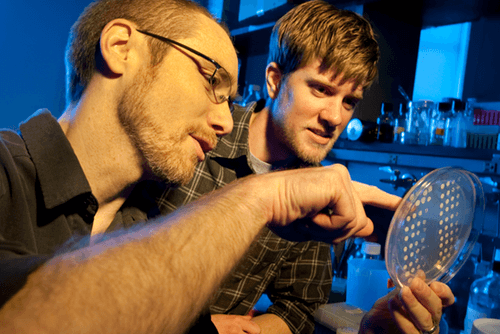| Mathematics and Basic Science* | 9 courses | Mathematics
MATH 3: Calculus
MATH 8: Calculus of Functions of One and Several Variables
MATH 11: Accelerated Multivariable Calculus or MATH 13: Calculus of Vector-Valued Functions Physics
PHYS 13: Introductory Physics I
PHYS 14: Introductory Physics II Chemistry (students will be placed in one of the following courses)
CHEM 5: General Chemistry
CHEM 11: General Chemistry Applied Mathematics (choose 1 course)
ENGS 91: Numerical Methods in Computation
ENGS 92: Fourier Transforms and Complex Variables
ENGS 93: Statistical Methods in Engineering
ENGS 100: Methods in Applied Mathematics I Math and Sciences Electives (choose 2 courses, from the following)
ASTR 15 and above
BIOL 12 and above (except 20, 52)
CHEM 6, 10 and above (except 63)
EARS 31, 33, 35, 37, 40-52, 59, 62, 64, 67-75, 79 and above
ENVS 30 and 79
MATH 17–29, 31, 32, 35, 38, 39, 40, 42, 43 and above (except MATH 46 and 50)
PHYS 19 or 40 and above (except 48)
COSC 30/ ENGS 66, COSC 31, 35, 39, 40, 49, 71, 74 (excludes topic courses CS 69.XX)
PSYC 21, 40, 45, 46, 65 |
| Engineering and Computer Science Electives*** | 6 courses | 3-4 of the 6 courses must form a coherent disciplinary concentration, with 1 of these having significant design content. The remaining courses may be chosen from: ENGS or ENGG courses numbered 24-174 (except 66 and 87), 192, and 199
COSC 50-84 (except COSC 30, 31, 35, 39, 40, 49, 53, 71, 73, 74)
COSC 170-276 (except COSC 174, 179, 189, 210)
2 of the 3 electives may be mathematics or basic science courses, as listed above. |





